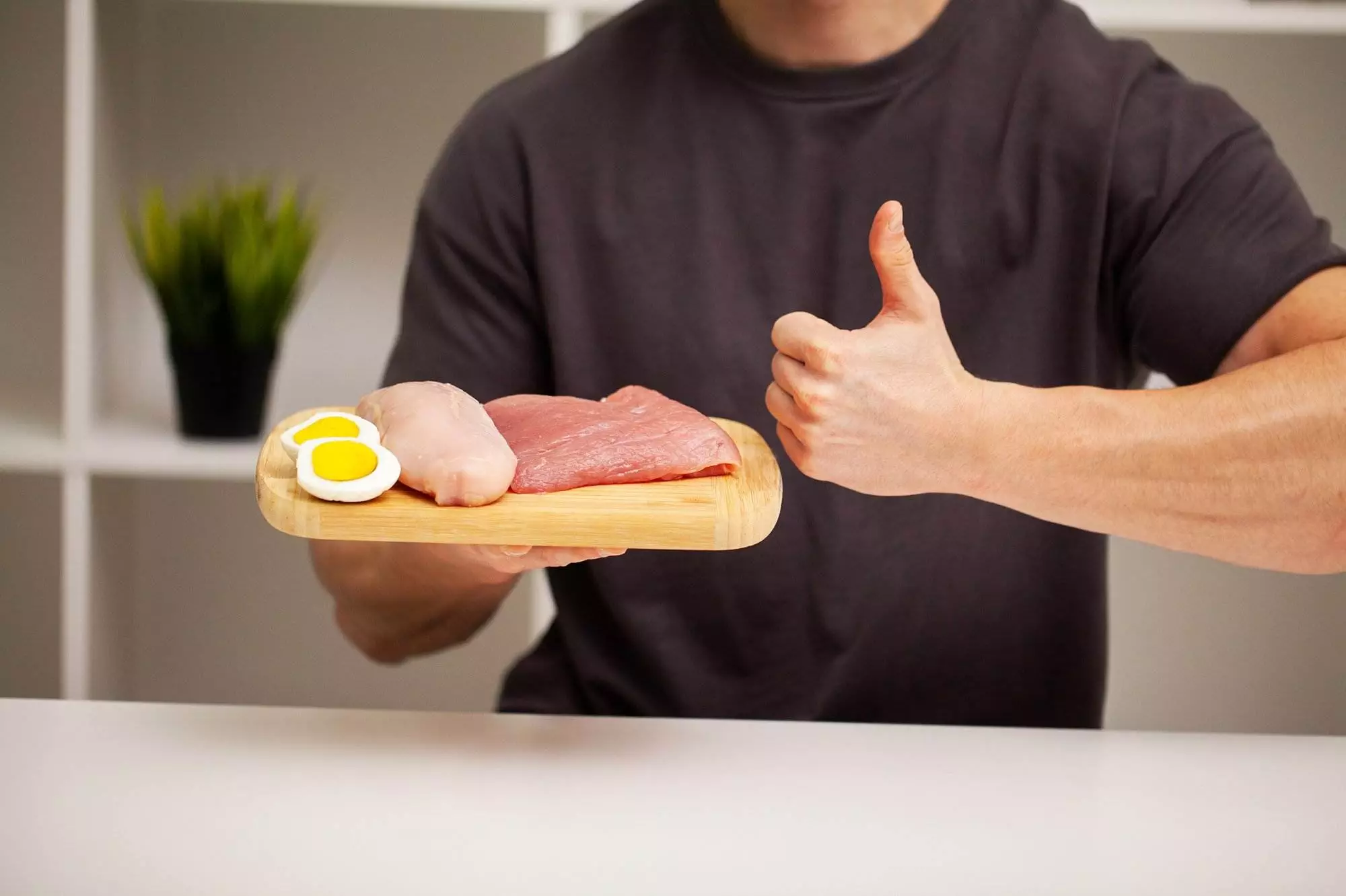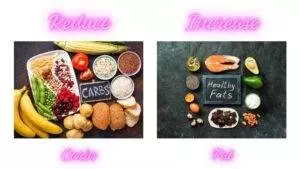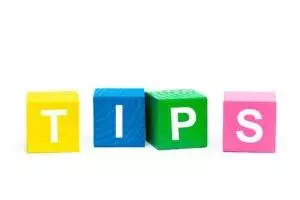
The Ketogenic Diet: A Beginner’s Guide to Living the Low-Carb Lifestyle
Are you tired of counting calories and feeling deprived? Do you want to lose weight without feeling hungry all the time? If so, then the ketogenic diet might be just what you need. The keto diet is a low-carbohydrate, high-fat diet that has been shown to help people lose weight quickly and efficiently. In this article, we will explore everything you need to know about the ketogenic diet, including its benefits, how to get started, and tips for staying on track.
What Is the Ketogenic Diet?
The ketogenic diet is a type of diet that involves eating foods that are very low in carbs and high in fat. By doing this, your body enters into a state called ketosis, which means it burns fat instead of glucose as fuel. This can lead to rapid weight loss, improved energy levels, and better overall health.
Benefits of a Low-Carb Lifestyle
There are many potential benefits to living a low-carb lifestyle. Here are some of the most common ones:
1. Weight Loss – One of the biggest advantages of the ketogenic diet is its ability to promote rapid weight loss. Studies have shown that people who follow a keto diet tend to lose more weight than those who follow traditional low-calorie or low-fat diets.
2. Improved Energy Levels – Many people report feeling more energized when they switch to a low-carb diet. This is because their bodies are no longer relying on sugar for energy but rather burning stored fat.
3. Reduced Risk of Chronic Diseases – Research suggests that following a low-carb diet may reduce your risk of developing chronic diseases such as heart disease, type 2 diabetes, and certain types of cancer.
4. Better Mental Clarity – Some studies suggest that reducing carbohydrates from one’s diet could improve cognitive function and memory.
Getting Started with the Keto Diet

If you’re ready to try the ketogenic diet, here are some tips for getting started:
1. Cut Back on Carbs – To enter ketosis, you need to eat fewer than 50 grams of carbs per day. You should aim to keep your carb intake under 20 grams per day if possible.
2. Eat More Fats – Since you won’t be able to rely on carbs for energy, you need to replace them with fats. Good sources of healthy fats include avocados, nuts, seeds, olive oil, coconut oil, and animal fats like bacon and chicken skin.
3. Protein in Moderation – While protein isn’t off limits on the keto diet, you shouldn’t overdo it. Aim for around 1 gram of protein per pound of lean body mass each day.
Tips for Staying on Track with the Ketogenic Diet
Sticking to any new diet plan can be challenging at first, especially if you’re used to eating lots of carbs. Here are some tips for staying on track with the ketogenic diet:

1. Plan Your Meals – Planning ahead can make it easier to stick to your diet. Make sure you have plenty of keto-friendly snacks available throughout the day.
2. Read Labels – Be careful when reading labels on packaged foods. Even seemingly innocent items like salad dressings and condiments can contain hidden sugars.
3. Drink Water – It’s essential to stay hydrated while on the keto diet. Aim to drink at least eight glasses of water per day. Consider enhancing your daily hydration routine with hydrogenated water. A unique blend of pure water and extra hydrogen molecules to boost your overall health, from increasing your energy levels to slowing down the aging process, and even improving muscle recovery after a workout. Click here to learn more.
4. Get Enough Sleep – Getting enough sleep can help prevent cravings and ensure that you have enough energy during the day.
Conclusion
The ketogenic diet is a powerful tool for losing weight and improving overall health. Whether you’re looking to shed a few pounds or manage a chronic condition, the keto diet may be just what you need to achieve your goals. Remember to always consult with your doctor before making significant changes to your diet or exercise routine.

